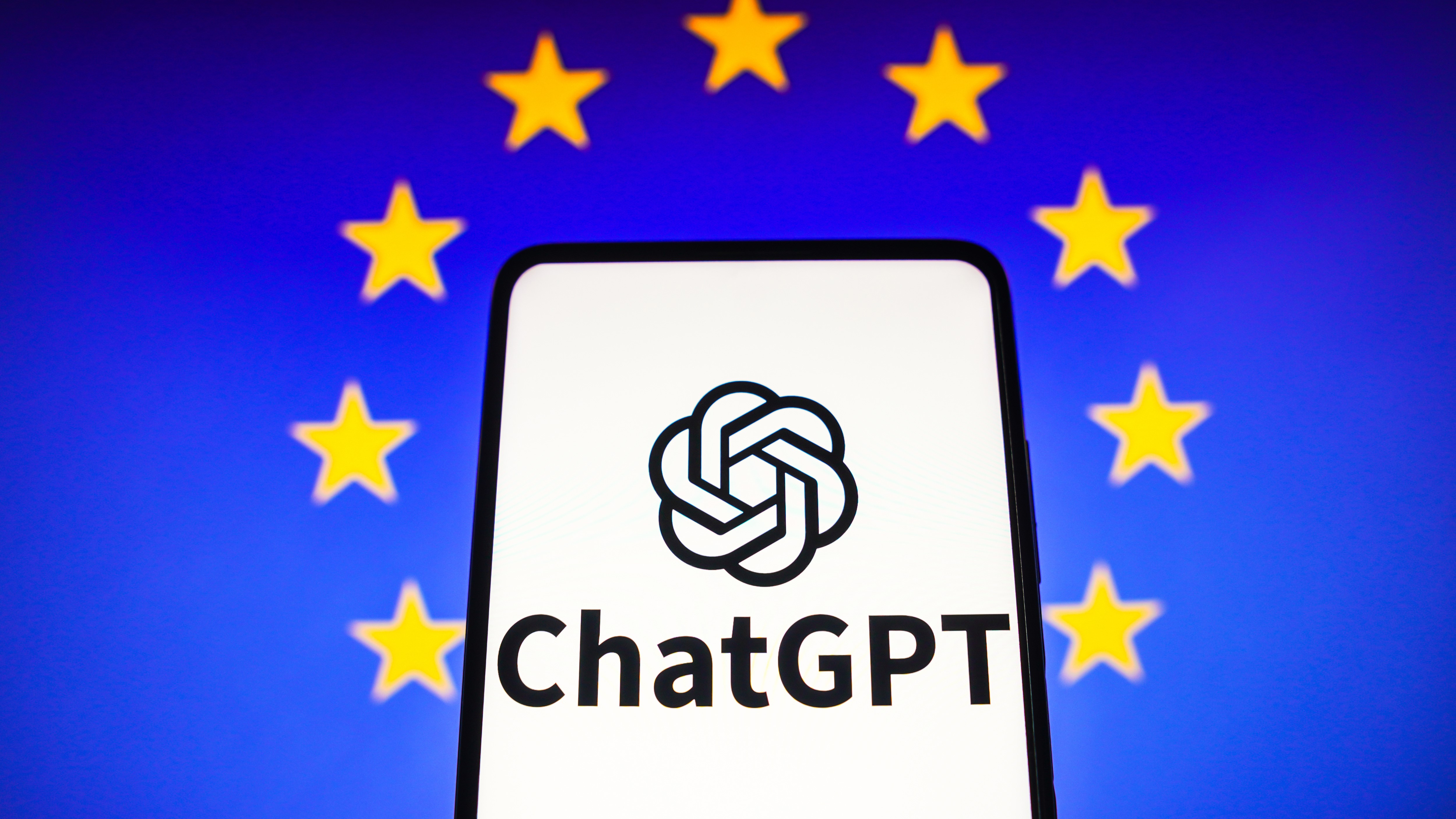Some of the world's biggest tech firms have signed up to the EU's promise for safe AI
Hundreds of companies sign EU Artificial Intelligence Pact, including tech giants

The EU has revealed over a hundred companies have signed up to its new Artificial Intelligence Pact, including tech giants such as Microsoft, Google, and Vodafone.
The pact outlines a commitment to three core actions. The first is to adopt a governance strategy to encourage the deployment of AI in the organization and to work towards future compliance with the AI Act.
Secondly, the firms agreed to identify and map AI systems which are likely to be classified as high-risk under the AI Act, these are the systems with the highest impact on people's lives, like critical infrastructure, employment services, and law enforcement.
A temporary measure?
Finally, the pact outlines a commitment to promote AI literacy and awareness amongst staff, to ensure responsible and ethical development.
As a voluntary pledge, the pact is not legally binding, and companies who don’t adhere will not face a penalty. Notably missing from the list was Meta - but the firm has said it is open to future discussions.
However, the pact is a precursor to the previously mentioned AI Act, which is set to be introduced in 2026, and will be the largest legal framework for AI in the world.
In 2026, it’s expected AI platforms will have to comply with copyright laws or face fines of up to 7% of global turnover. Systems identified as ‘high risk’ will have to adhere to strict requirements, like activity logging, cybersecurity, and risk-mitigation systems.
Are you a pro? Subscribe to our newsletter
Sign up to the TechRadar Pro newsletter to get all the top news, opinion, features and guidance your business needs to succeed!
Big Tech has been the target of significant new EU legislation in recent times, with both the Digital Service Act and the Digital Market Act looking to curb the powers of tech firms and introduce stricter privacy regulations.
The EU has proved it isn't afraid of handing out huge penalties to the organisations that don’t comply with regulation, with companies like Apple simply opting not to roll out AI features in the EU over ‘regulatory uncertainties’.
More from TechRadar Pro
- Check out our pick for the best firewalls around
- US government agency confirms it was hit by major ransomware attack
- Take a look at our picks for the best small business apps

Ellen has been writing for almost four years, with a focus on post-COVID policy whilst studying for BA Politics and International Relations at the University of Cardiff, followed by an MA in Political Communication. Before joining TechRadar Pro as a Junior Writer, she worked for Future Publishing’s MVC content team, working with merchants and retailers to upload content.